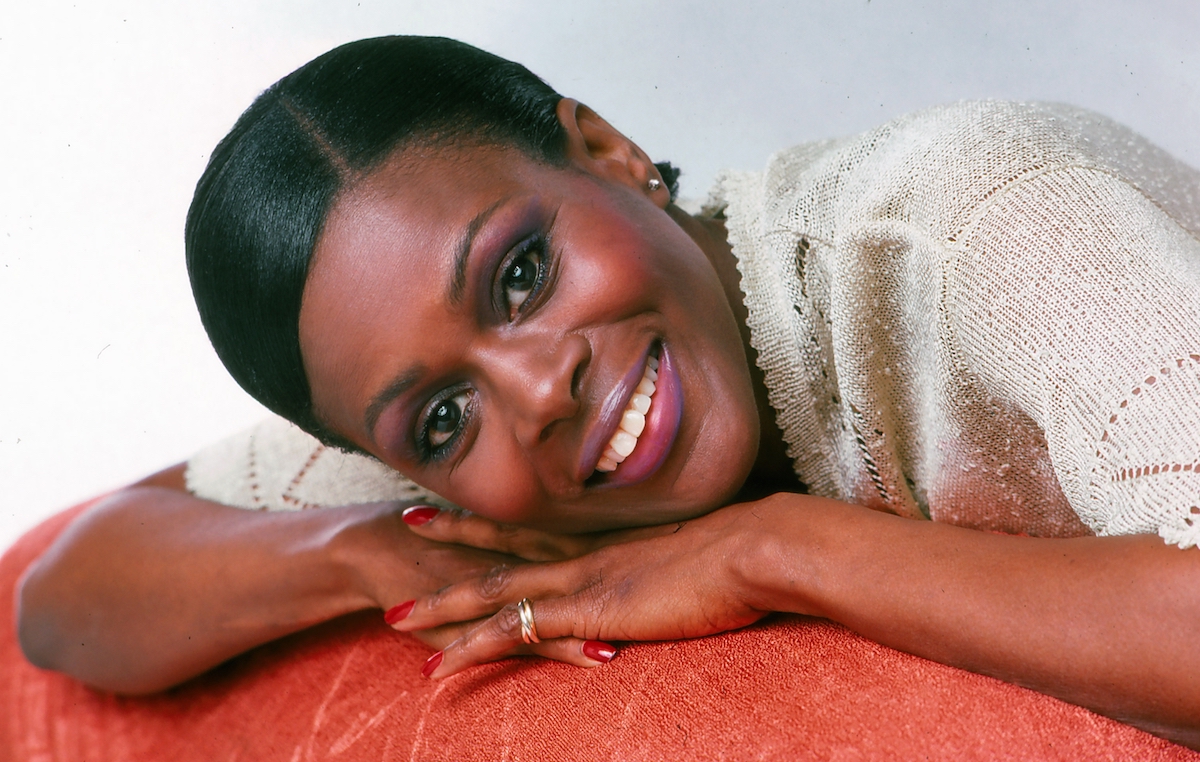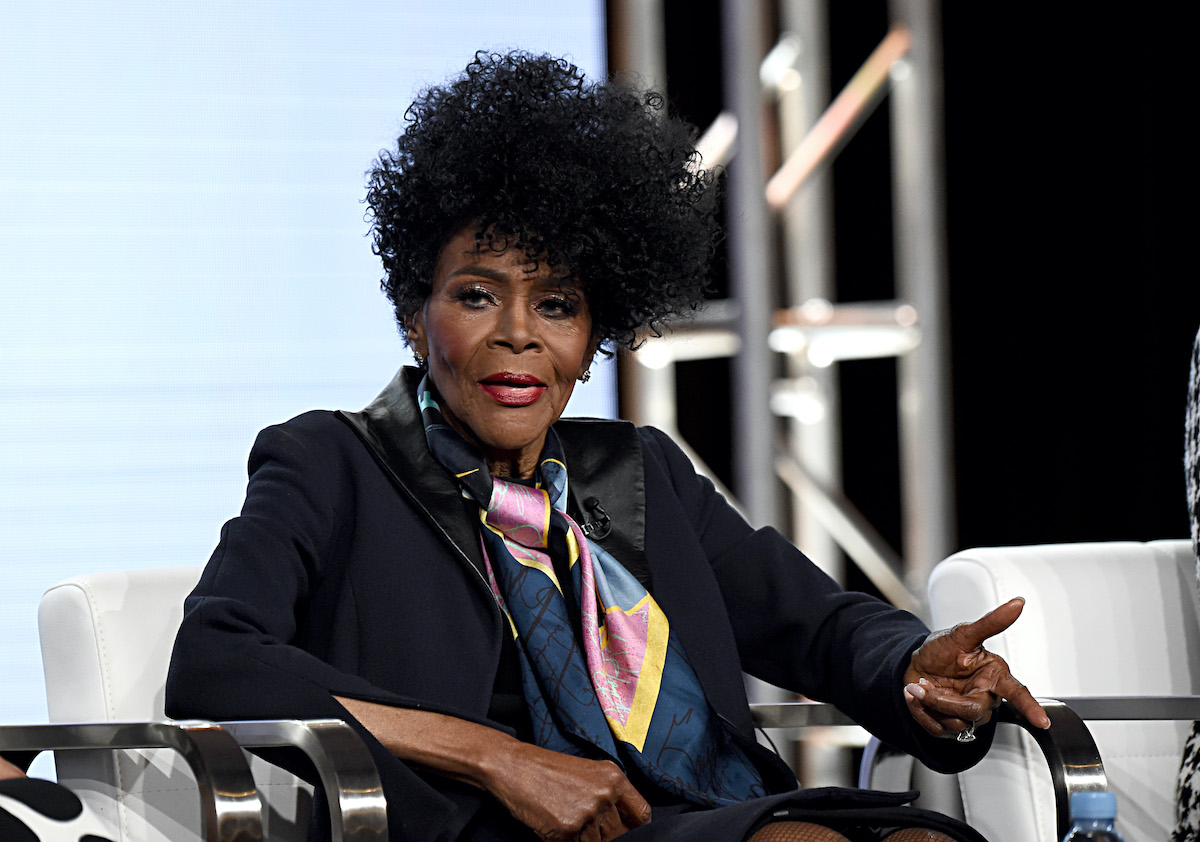The Reason Cicely Tyson Felt ‘Guilty’ About Young People Today
Throughout her whole life, Cicely Tyson was always a model for how people should live. The legendary actor started her career at a time when there were little to no roles available for Black women, and experienced the difficulty that comes with being Black in the entertainment industry.

Cicely Tyson was an acting pioneer
Tyson often received praise for how she portrayed the characters that she brought to life on screen. Her first big role was in the early 1960s on the short-lived CBS series East Side/West Side, where she played the secretary of a white social worker. It tackled many important issues, and at the time, Tyson was the only Black regular cast member on a TV show.
Tyson’s breakout role came in the 1972 film Sounder, for which she garnered nominations for an Academy Award and a Golden Globe Award. Two years later, she won two Emmy Awards for her role as a 110-year-old enslaved woman in the TV movie The Autobiography of Jane Pittman.
Tyson continued to rack up Emmy nominations throughout the 1970s for her roles in the miniseries Roots and King, the latter in which she played the late civil rights icon Coretta Scott King. She continued to work in the years up until her death, appearing in many popular films and TV shows including The Help, How to Get Away With Murder, and House of Cards and even earning a Tony Award for her role in the 2013 play The Trip to Bountiful.

Cicely Tyson felt a certain way about young Black people
When Tyson looked at the young people of today, she was dismayed at what she saw. After she and countless other Black people of her time fought so hard to achieve their rights, she was upset by the apathy she saw in young people. Tyson spoke about it in a 2014 interview with CNN’s Don Lemon.
“What gets me today is the fact that I feel somewhat guilty about the state of young people today,” she admitted. “I feel guilty because I think that my generation gave them too much and left them nothing to fight for.”
What particularly put her over the edge was seeing how little young Black people cared about the work and discrimination that their elders faced.
“When I hear young people deny the fact that Rosa Parks could not sit on a bus or that I could not go to an ice cream parlor and sit at a lunch counter, they don’t believe that. They don’t believe it because it’s not tangible. It’s not real to them,” she said. “We fought for everything so that the next generation wouldn’t have to do that.”
“It’s hard for them to feel that the freedom that they think they have is not there. And it’s not,” Tyson continued. “We handed them everything on a silver platter.”


